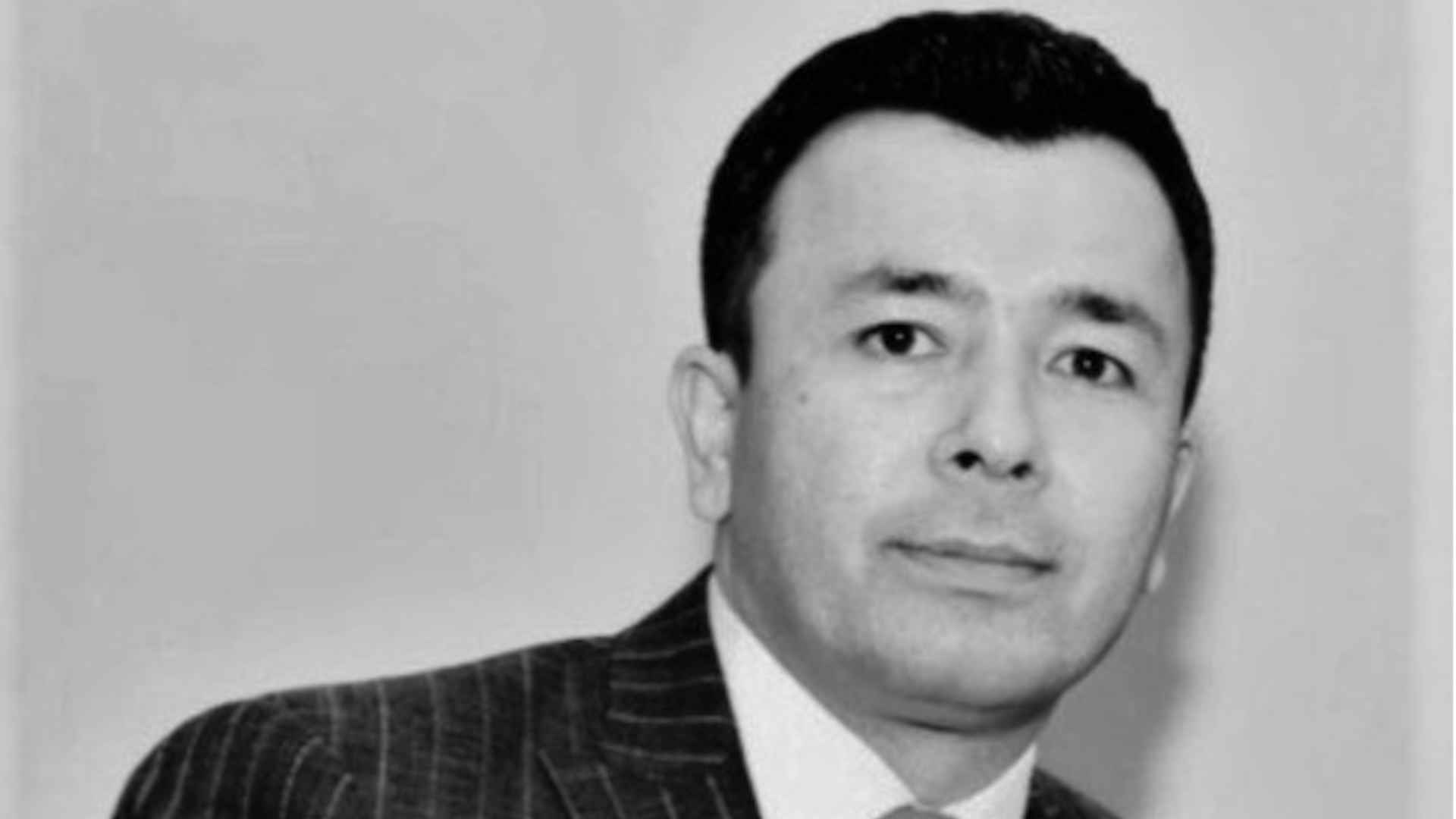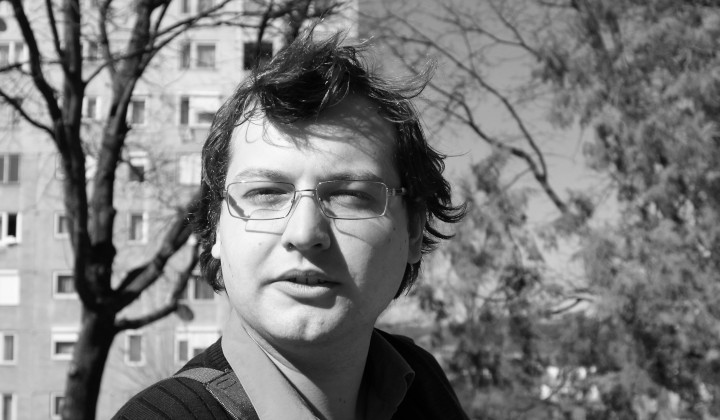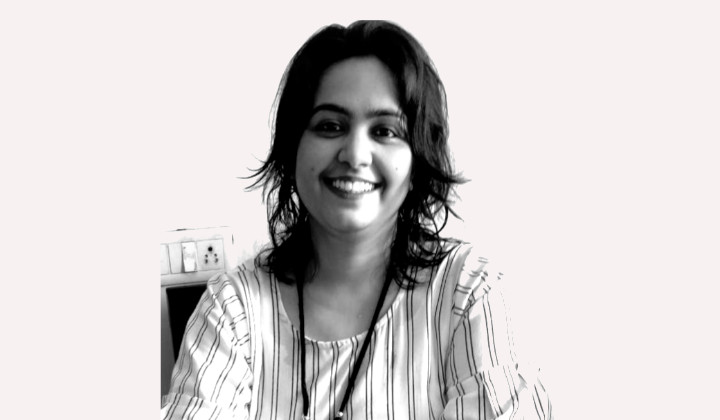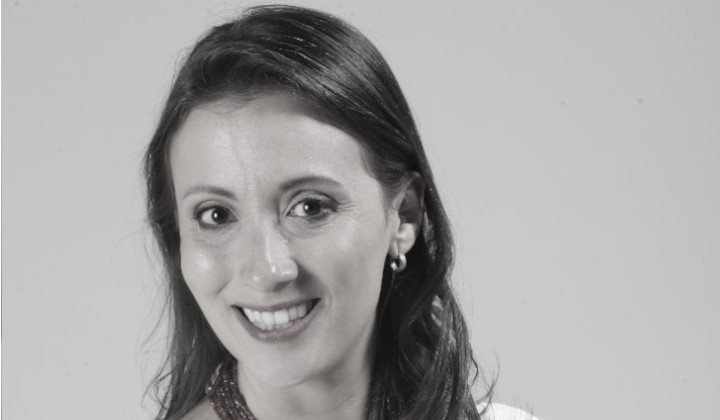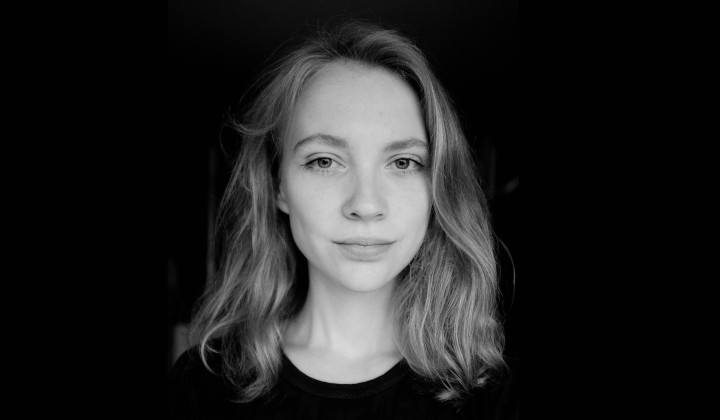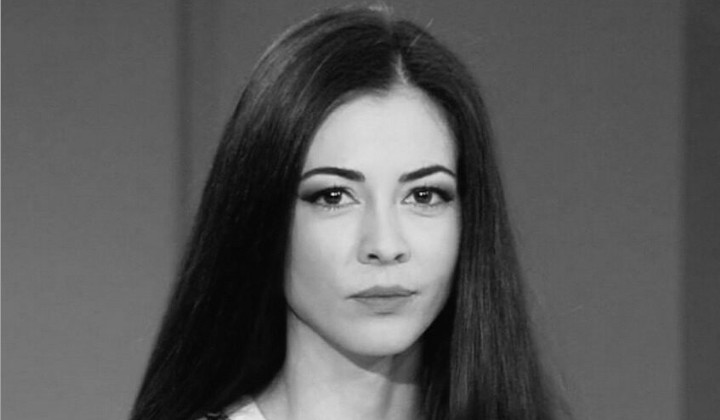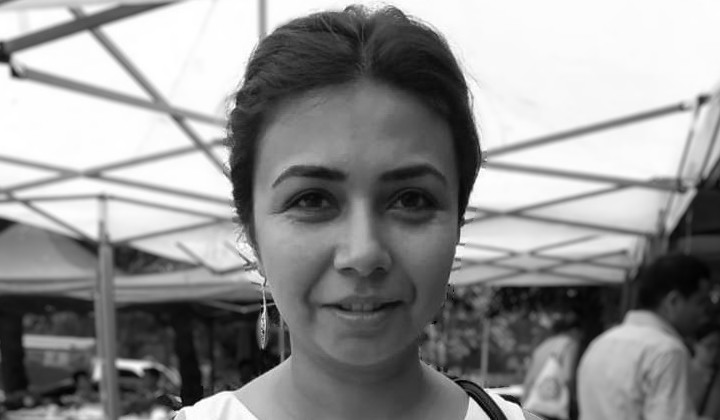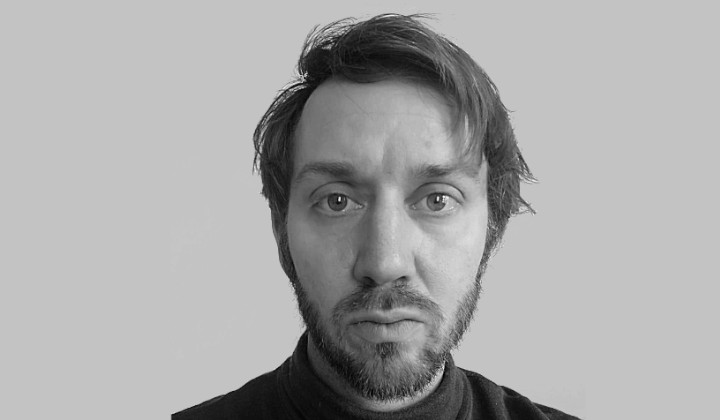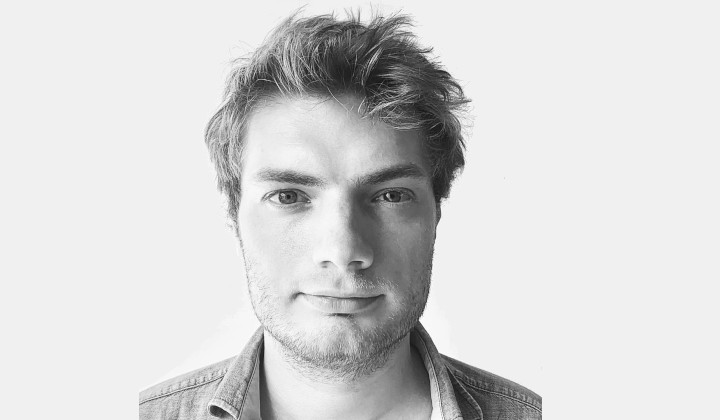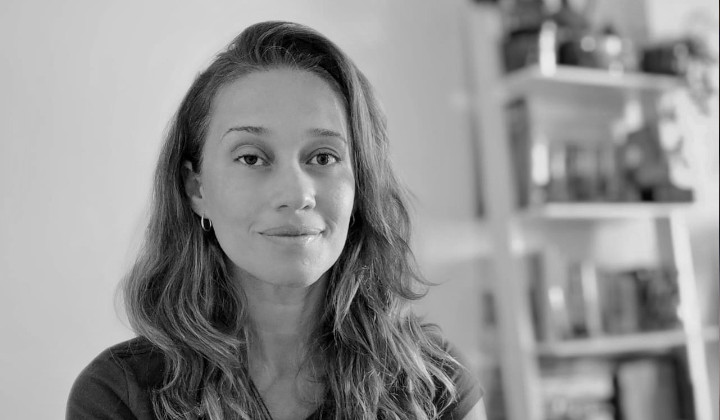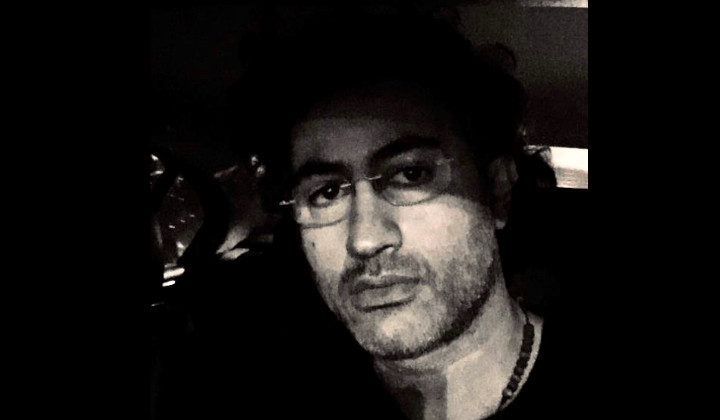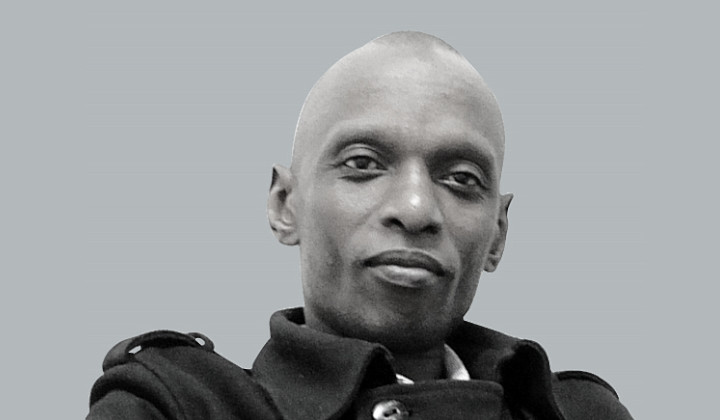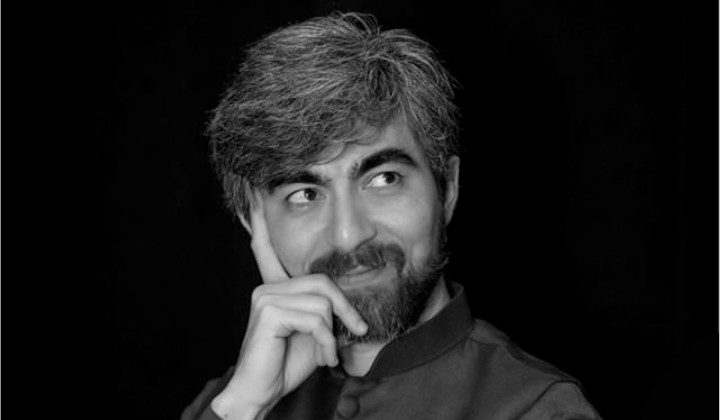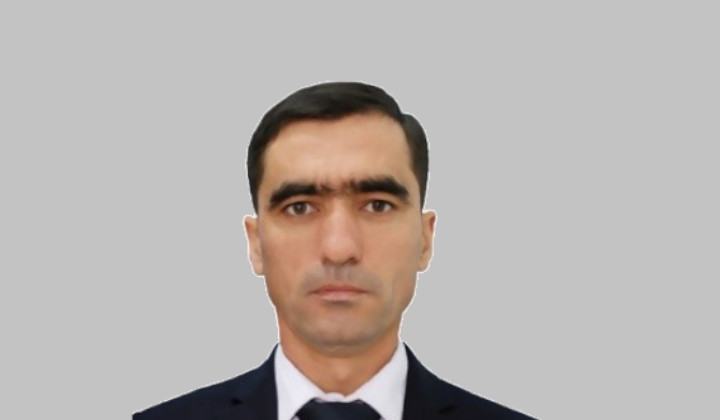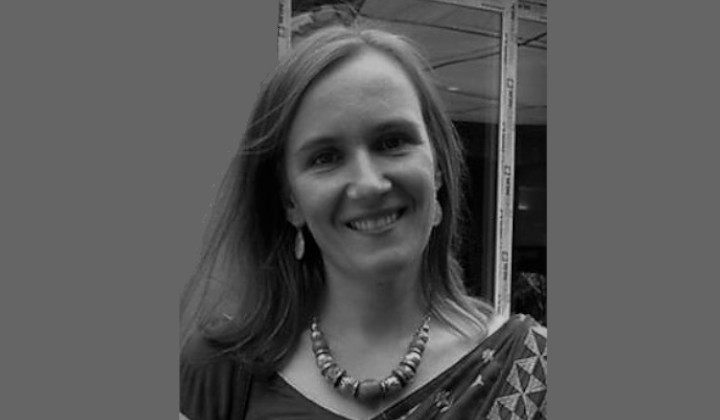Syamantak Ghosh – an Indian journalist
“A journalist has to question the system”, says Syamantak Ghosh. He currently works as an editor for Deutsche Welle.
written by

Sarah Breunig
When five-year-old Syamantak Ghosh received his mother’s camera for the first time, it quickly became his trusted companion. During his childhood he played around with it and tried to capture people’s mood. He liked photography and audio-visual media so much that he dreamed of becoming a film director.
Having finished his master’s degree in history at the Presidency College in Kolkata (located in East-India), Syamantak Ghosh decided to invest in his own camera. In order to afford it he started working as a reporter and producer for an Indian television channel in 2006. “I never thought I’d become a journalist”, Syamantak Ghosh says, looking back with a smile.
His first employer was Star Ananda which is today part of the ABP-Group, one of the few big media corporations in India. Even though the media landscape in the world’s biggest democracy seems enormous at first sight, there is a high concentration that results in poor media pluralism. If not owned by the government, most print and broadcasting stations maintain close relations to the Indian state and to the economy.
After his first years of producing at the TV channel Syamantak Ghosh dedicated more time to his passions: He directed several documentaries, wrote some travelogues as well as feature film scripts. In addition to that, he continued to take pictures. In 2011 a series of his street photography in Kolkata was exhibited in Munich.
When a year later Syamantak Ghosh was asked to join a newly founded newspaper of the ABP-Group he immediately agreed. He wrote editorial articles and opinion pieces and - as he states - did so with all his enthusiasm along with due diligence: “Even if it’s a small paragraph it’s like a child for me.” In addition to that, he worked as a reporter and political correspondent. When it comes to writing about politics, Syamantak Ghosh considers questioning the system and always hearing both sides as crucial parts of his journalistic work: “In a democracy you should be able to question someone and the next day have a cup of tea together.” Regarding press freedom, India is currently ranked 142nd out of 180 countries by Reporters Without Borders. Under Prime Minister Narendra Modi’s regime more than 40 journalists have been killed. Moreover, at least 198 serious attacks against media professionals were recorded since 2014. “But that’s something that happens across the globe and not only in India”, Syamantak Ghosh points out.
Last year he turned his back on the Indian mainstream media. After a project on refugees together with Deutsche Welle, the German broadcasting channel hired him as an editor. Nowadays the 35 years old lives and works in New Delhi. He writes not only for Deutsche Welle but also for several online portals like bengalstory, 4numberplatform, digitale, which are independent from the Indian government.
To the article

India facing the pandemic
By Sarah Breunig



